In July 2017, Richard Filc woke up in a hospital bed. His body attached to machines, Filc had overdosed on opioids and suffered heart damage.

“There was something mixed in with the drugs I was taking,” Filc, 28, said. “They sedated me for a few days to try to limit the amount of damage happening to my cardiovascular system.”
After that overdose — his fourth or fifth — he was ready for help. He had reached out to doctors and counsellors in the past about his drug addiction, but up until that point, he hadn’t been ready.
READ MORE: Toronto Public Health warns of concerning symptoms caused by drugs sold as fentanyl or heroin
“I think it was the way in which my parents reacted to it,” he said of his overdose. “My mom was in Poland at the time, and her mom, my grandma, was sick with pancreatic cancer; she had been given a month to live.
“She just said, ‘I give up, I surrender, I’m done fighting … You’re either going to make it or you’re either going to not.’ And that really hit me and that finally shook me enough to say, ‘I can’t continue to do this on my own. I’m finally ready to give in to this whole recovery thing.'”
Today, Filc is in recovery. It’s been about a year and a half since he’s used a substance. He says everything about him is different.
He now lives in Hamilton, Ont., and works as a yoga instructor at several studios, including 7th Wave Yoga in neighbouring Burlington. He recently signed up for a half-marathon, and he teaches weekly yoga classes to men dealing with addiction at Wayside House of Hamilton, a local treatment facility.
With a warm smile and muscular build, Filc looks like any other healthy and happy twenty-something. But the path to recovery from drug addiction wasn’t linear, nor was it easy.
“Recovery is not some huge, insurmountable task,” he said. “It’s a collection of tiny little things.”
Opioid addiction in Canada
Canada is in the midst of an opioid crisis.
According to the Public Health Agency of Canada, more than 9,000 people died from an opioid-related death between January 2016 and June 2018. In the first half of 2018 alone, more than 2,000 Canadians lost their lives. Men over-represent this population, accounting for 76 per cent of accidental opioid-related deaths.
But within the crisis, there are also stories of recovery.
“But one recommendation I have, which was said to me, if you’re struggling, if you’re in pain… know, at least on some level, there is a way forward.”
The reality of opioid addiction

Get weekly health news
Filc identified his addiction around 2012. He was a student at the University of Guelph at the time where he was living with his sister.
“I was addicted to heroin and hydromorphone, primarily. Those were the first drugs that I would use if I had the money at the time,” he said. “That said, I ended up using a lot of cocaine and methamphetamine as well, but opiates were my go-to.”
In the thick of his addiction, Filc says he was only concerned with himself. His drug use prevented him from thinking of others, and his mind and body were affected by his disease.
READ MORE: Amid an opioid crisis, Canadians back ‘compulsory treatment,’ poll shows. But does it work?
“One of the most damaging and lingering misconceptions about alcoholism and drug addiction, in particular, is that the use itself is a choice because that’s what it looks like,” he said.
“But really, my understanding of it is at some point along the line, the decision-making system in the brain is just broken. I never made the choice to use and then overdose and relapse and almost die. People don’t make the choice to abandon their children, to land in jail, to land in the hospital; those are not average healthy choices that people make.”
The recovery process
A year before his 2017 overdose, Filc was on methadone. He says at that point in time, he didn’t think an abstinence-only recovery was possible for him.
“Methadone was a very important stepping stone for me,” he said. “It got me to a point where my brain healed enough, and I started to see a little bit more clearly that one day in the future I’d be able to abstain from all opioids or all drugs.”
WATCH BELOW: Mothers losing children to fentanyl overdoses speak out on small community in crisis

According to Dr. Jonathan Bertram, a Toronto-based addictions medicine physician, methadone is vital in many peoples’ recovery. He says that opioid agonist therapy, a type of treatment for addiction to drugs like heroin, oxycodone and fentanyl, is considered first-line treatment.
“Opioid agonist treatment is medication that includes methadone, but it can also be buprenorphine, which is also known as Suboxone,” he said. “There are other medications that are also used, but those are the two main ones.”
The medications prevent withdrawal symptoms and reduce cravings for opioids. Bertram says that in parts of the country where access to treatment centres and addiction specialists may be more limited, like rural communities, opioid agonist treatment is “usually the first step” to stabilizing someone. He said the treatment also reduces the risk of a fatal overdose.
READ MORE: Force a patient off opioid painkillers, and you could set people up for worse harm: experts
This, however, does not mean that other treatments and services like therapy and 12-step programs, like Alcoholics or Narcotics Anonymous, are not integral parts to recovery, Bertram explained.
READ MORE: ‘I love you, daddy, my heart cracked’: how the opioid crisis affects children left behind
Journey of healing
After his 2017 overdose, Filc entered a detox centre. There, he decided to get off methadone.
“For the first week or so in there, I’d wake up in the morning, I’d look at the ceiling — there was two or three other guys in the beds next to me — and be like, ‘Is this what my life came to?'” Filc said. “I was swearing at myself, at the world, at God at anyone within earshot. I was pretty angry, pretty upset with myself.”
After a few days in detox, Filc says he woke up one morning with a sense of peace and knew in that moment he was finally ready for change.
READ MORE: Here are the Canadian cities with highest hospitalization rates for opioid poisonings in 2017
Once he completed detox, Filc entered Wayside House of Hamilton treatment centre. After completing a program there, he moved into supportive housing.
“Then, I moved out on my own, then I got back to work, and now I’m here,” he said.
The power of community
Community has been an integral part of Filc’s recovery. He finds comfort through several groups including 12-step fellowships, his co-workers who also enjoy being active, and his yoga communities.
Filc also supports other people who are struggling with addiction. He says that now, he wants to have meaningful relationships with people and be the best person he can be.
READ MORE: ‘It’s murder’: How lethal opioids devastated a small region of Ontario
“To this day, absolutely the most rewarding experiences that I’ve had have been in helping other people with whatever it is they’re struggling on,” he said. “However big or small.”
Work in progress
Recovery is a daily effort. Sobriety is not something you achieve, then step away from, Filc says.
“At times, I’ll still trick myself into thinking that a drink or a drug or something is what I need, and it’s going to make me feel better,” he said. “We aren’t dumb; these things do temporarily make us feel better, but that’s never the long-term answer. The longer-term recovery is about continuing to unpack when and why and how the illusion of that emptiness creeps back in.”
In talking about his disease, he feels a sense of freedom. Filc says that there’s still so much stigma and shame around addiction, but he’s not ashamed of who he is, or what he’s been through. It’s what made him who he is today.
“I share about it openly. Every single friend, family member, acquaintance… knows that this is a part of me, and I’m OK with that,” he said.
“The liberation that arrives when I can look at someone in the eyes and say, ‘This is me, this is who I am, this is what I’ve been through, this is where I’m at’ is incredible.”
Laura.Hensley@globalnews.ca


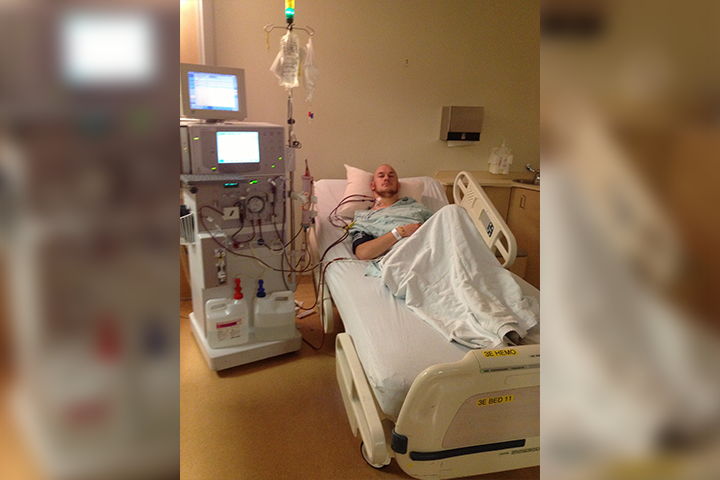
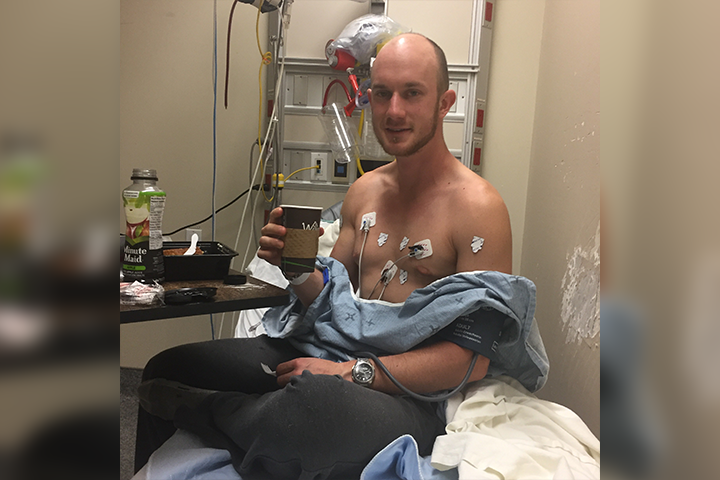
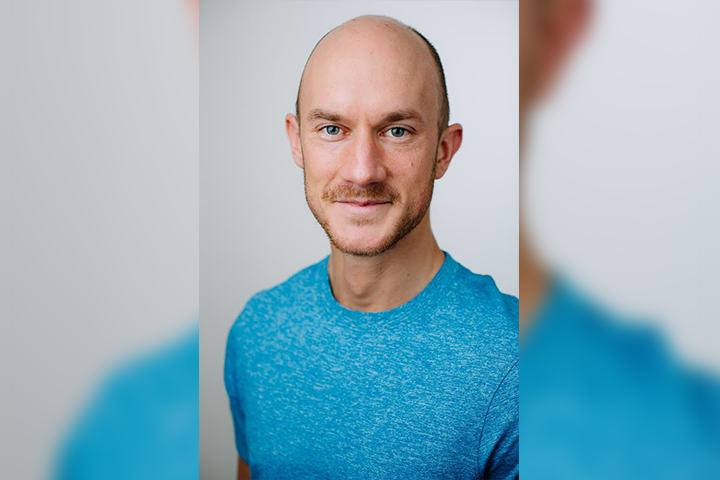






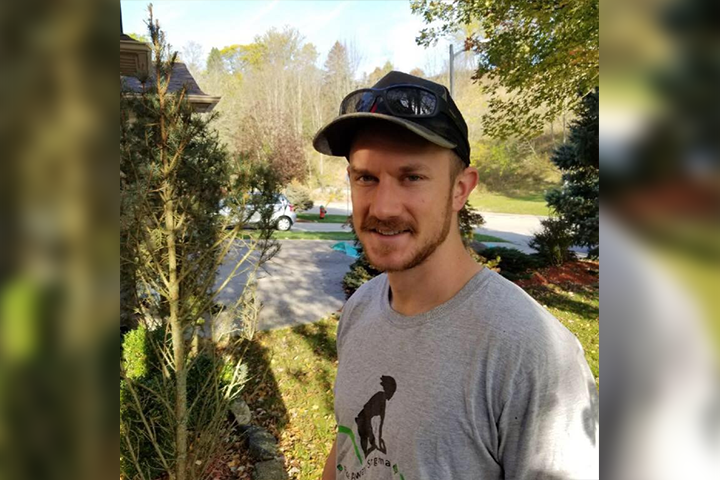
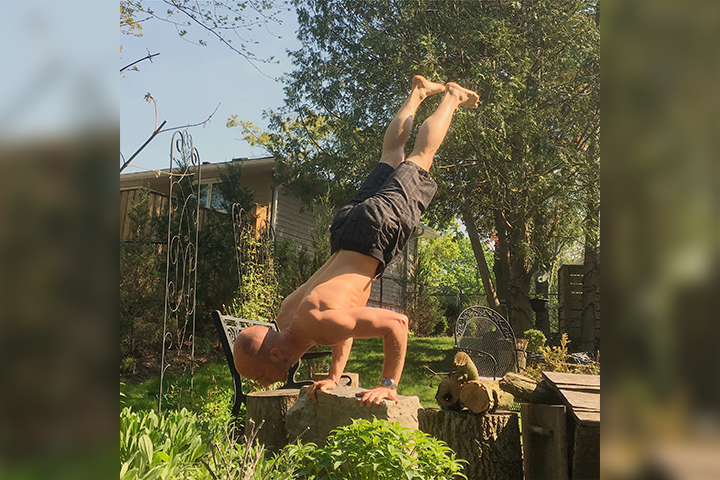
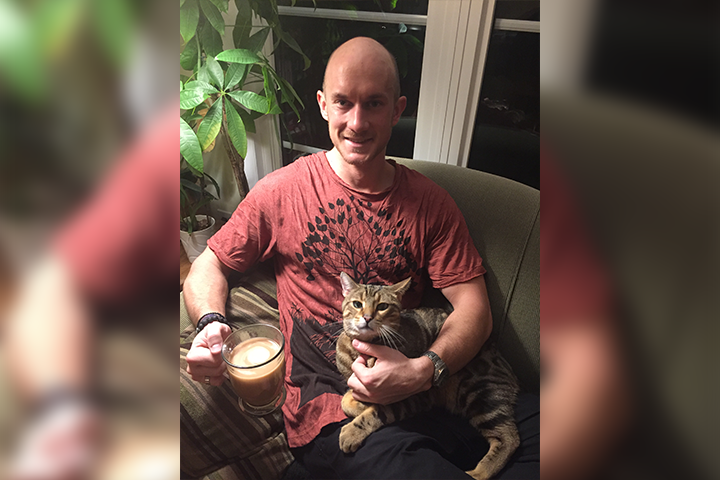
Comments